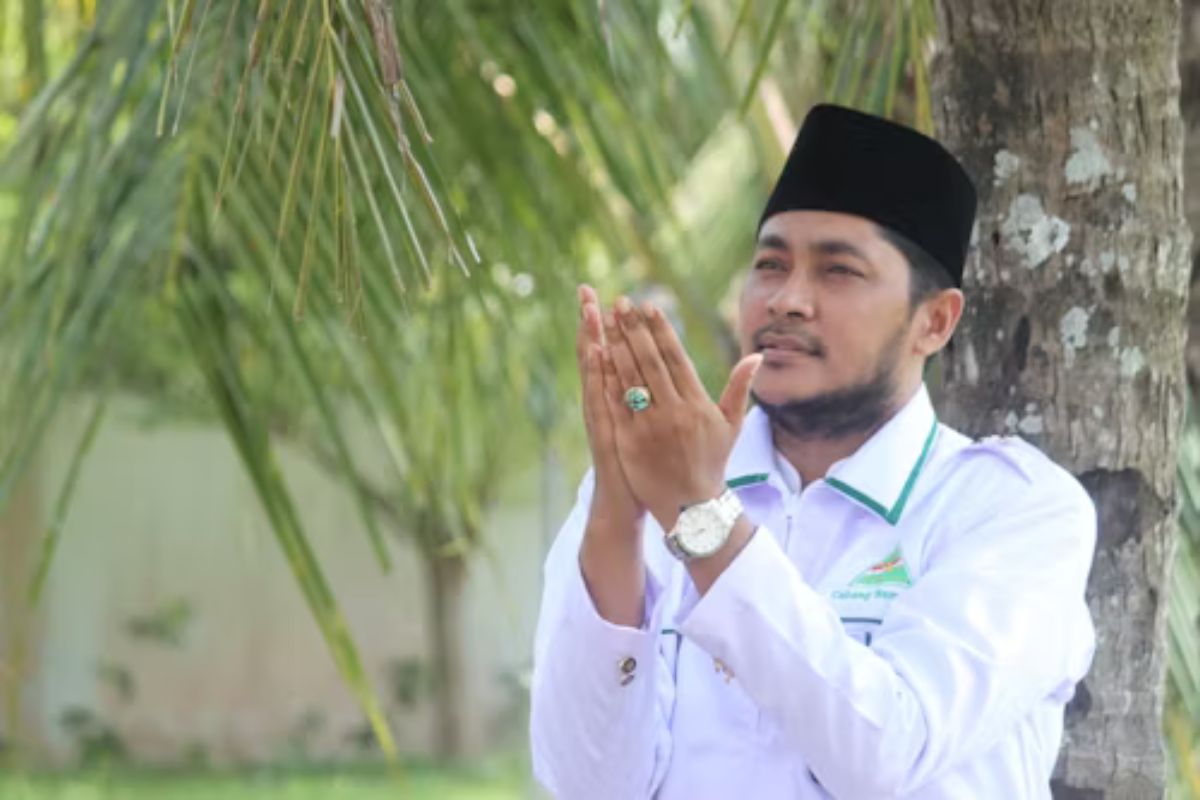Eid ul Adha, also known as the “Festival of Sacrifice,” is one of the most “Eid ul Adha 2024” significant holidays in the Islamic calendar. Celebrated by millions of Muslims around the world, this holiday commemorates the willingness of Prophet Ibrahim (Abraham) to sacrifice his son Ismail (Ishmael) as an act of obedience to God. This article will delve into the history, significance, traditions, and modern-day celebrations of Eid ul Adha, providing a comprehensive understanding of this important festival.
The Historical Significance of Eid ul Adha
The Story of Prophet Ibrahim and Ismail
According to Islamic tradition, Ibrahim received a divine command in his dream to sacrifice his beloved son, Ismail. Demonstrating unwavering faith and obedience, both father and son agreed to fulfill God’s command.
Commemoration of Sacrifice and Obedience
Eid ul Adha serves as a reminder of Ibrahim’s devotion and the importance of obedience to God. It underscores the values of sacrifice, faith, and submission to the divine will. The act of sacrificing an animal during Eid ul Adha is symbolic of Ibrahim’s willingness to sacrifice his son and serves as a means for Muslims to demonstrate their faith and gratitude to God.
Traditions and Practices
The Act of Qurbani (Sacrifice)
One of the central rituals of Eid ul Adha is the Qurbani, the act of sacrificing an animal, usually a sheep, goat, cow, or camel. This practice emphasizes the principles of charity, community, and sharing.
Eid Prayers and Sermons
Eid ul Adha begins with a special prayer, known as Salat al-Eid, performed in congregation at mosques or open grounds. It is a time for Muslims to come together in unity and worship.
Festive Meals and Gatherings
Eid ul Adha is marked by festive meals and gatherings with family and friends. Traditional dishes vary by region, but they often include rich and flavorful meats, rice dishes, and an array of sweets. It is a time for families to bond, share meals, and celebrate together. Hospitality and generosity are key themes, with many families inviting neighbors and friends to join in the celebrations.
Modern-Day Celebrations
Adapting to Contemporary Lifestyles
In modern times, the celebration of Eid ul Adha has adapted to contemporary lifestyles. While the core rituals remain unchanged, many Muslims now participate in online Qurbani services, where they can arrange for the sacrifice to be performed on their behalf and the meat distributed to those in need.
Charitable Activities and Community Service
Eid ul Adha is also a time for increased charitable activities and community service. Many Muslims take the opportunity to donate to charities, support humanitarian causes, and volunteer in their communities. These acts of kindness and generosity reflect the spirit of the festival and help to spread joy and support to those less fortunate.
Global Observances and Cultural Variations
Regional Differences in Celebrations
In Africa, traditional dances and communal meals are integral parts of the celebration.
Eid ul Adha in Non-Muslim Majority Countries
For Muslims living in non-Muslim majority countries, Eid ul Adha is a time to strengthen community bonds and share their culture with others. Many mosques and Islamic centers host open houses and interfaith events, inviting people of different faiths to learn about the festival and join in the celebrations. This fosters mutual understanding and respect among diverse communities.
Conclusion
Eid ul Adha is a festival that brings together Muslims from all walks of life to celebrate faith, sacrifice, and community. It is a time for reflection, gratitude, and generosity, as well as a reminder of the importance of obedience to God. Eid ul Adha remains a cherished and meaningful celebration for Muslims around the world.
FAQs
What is the significance of Eid ul Adha?
Eid ul Adha commemorates the willingness of Prophet Ibrahim to sacrifice his son Ismail as an act of obedience to God. It highlights the values of faith, sacrifice, and submission to the divine will.
When is Eid ul Adha 2024?
Eid ul Adha 2024 is expected to be observed from the evening of Sunday, June 16th, to the evening of Thursday, June 20th, depending on the sighting of the moon.
What is Qurbani, and why is it performed?
Qurbani is the act of sacrificing an animal, such as a sheep, goat, cow, or camel, during Eid ul Adha. It symbolizes the sacrifice of Prophet Ibrahim and serves as a demonstration of faith and gratitude to God.
How do Muslims celebrate Eid ul Adha?
Muslims celebrate Eid ul Adha by performing the Eid prayer, listening to a sermon, sacrificing an animal (Qurbani), sharing festive meals, and spending time with family and friends.
What are some traditional foods prepared during Eid ul Adha?
Traditional foods prepared during Eid ul Adha vary by region but often include rich and flavorful meats, rice dishes, and sweets. Examples include lamb kabsa, biryani, kebabs, and various types of sweets and desserts.
What is the importance of charity during Eid ul Adha?
Charity is a key aspect of Eid ul Adha, reflecting the principles of compassion, generosity, and community support.
How do Muslims in non-Muslim majority countries celebrate Eid ul Adha?
Muslims in non-Muslim majority countries celebrate Eid ul Adha by strengthening community bonds, hosting open houses, and participating in interfaith events. These activities help to share their culture and foster mutual understanding and respect among diverse communities.
What are some cultural variations in the celebration of Eid ul Adha?
Cultural variations in the celebration of Eid ul Adha include differences in traditional foods, festive attire, and customs. African celebrations may involve traditional dances and communal meals.











